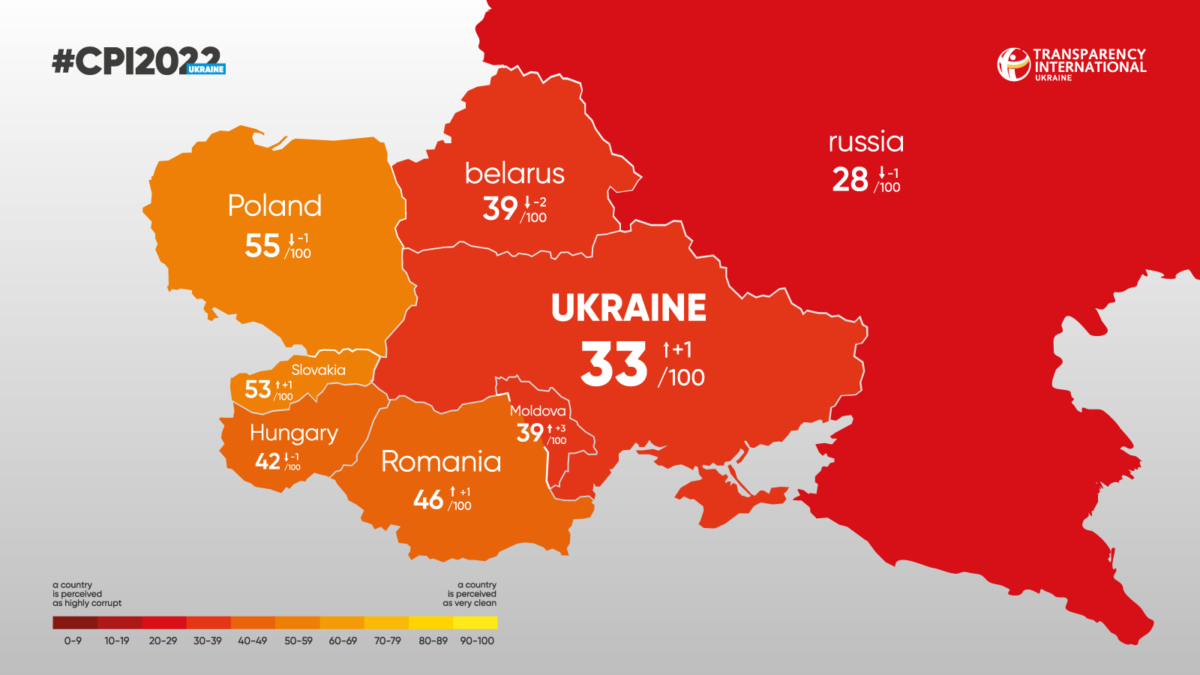Is the West Desensitized to Russia’s War and Ukraine’s Suffering?
Hybrid Warfare Analytical Group 19.09.2024, 20:25
Matt Wickham
Оригінал статті - на сайті Українського кризового медіа-центру: https://uacrisis.org/en/is-the-west-desensitized-to-russia-s-war-and-ukraine-s-suffering
We now live in a reality where news cycles last, at best, no more than 24 hours. Information pours in relentlessly, making it nearly impossible to keep up, while pain and suffering have become profitable commodities.
- Social media channels race to be the first to share devastating, often deadly news, briefly acknowledged before being discarded as the next tragedy unfolds.
The suffering from the Russia-Ukraine war was something the media sought to exploit in the war’s initial months, but years later, it is now often minimized. Most reputable Western media adhere to the principles of “truth, fairness, and accountability,” striving to balance their coverage across global tragedies. However, they sometimes appear too balanced—occasionally, mistakenly giving the aggressor the benefit of the doubt or leaning on Kremlin-fueled narratives in the name of “fair reporting” [more on this can be read here].
This often leaves Ukrainians frustrated, feeling as if their war and daily suffering are now on the periphery, with the world desensitized to their struggle. But is this really the case?
Falling on Deaf Ears in the West?
29 August 2023
Ukrainians rank Corruption as the country's biggest problem after the war, surveys have found.
An anti-corruption drive is underway in Ukraine, where a recent poll showed 89% of Ukrainians believe it is the country's worst problem after the Russian invasion.
That's also a political problem for President Volodymyr Zelenskyy, who according to a further poll, is considered by 77% of the population to be to blame for corruption in governmental and military institutions, as Interfax-Ukraine reported.
Ukraine's Corruption Perceptions Index results and what world can expect going forward - Transparency International Ukraine
Visit
It’s easy to understand why Ukrainians feel frustrated when Western news provides little coverage in comparison to the daily reality of a war-engulfed Ukraine.
- No longer does Ukraine’s suffering top the daily headlines, even after nights of drone attacks, war crimes killing civilians in their sleep, or drones chasing civilians in Kherson.
After 2.5 years of full-scale war and over a decade of conflict, what’s one more airstrike?
What’s one more child pulled from the rubble?
It feels awful to say, but, they’ve seen it all before: Iraq, Syria, Afghanistan, then Ukraine, and now Gaza. The gut-wrenching feeling they once had when witnessing a child being rescued from the debris of a bombed house has faded because it’s now become a daily reality.
This constant exposure to tragedy has led to a certain numbness. Where once shock and heartbreak drove us to engage, now it often leads to, what seems like, turning away or disengagement.
American essayist Susan Sontag addresses this in her book ‘Regarding the Pain of Others’, “it seems normal to turn away from images that simply make us feel bad. Many more would be switching channels if the news media were to devote more time to the particulars of human suffering caused by war and other infamies. But it is probably not true that people are responding less. That we are not totally transformed, that we can turn away, turn the page, switch the channel, does not impugn the ethical value of an assault by images.”
- Sontag acknowledges that repeated images of suffering may cause people to become less emotionally affected, i.e, desensitized.
- However, she argues that this doesn’t lessen the moral or ethical significance of the images. Perhaps she’s right.
So, maybe it would be unfair to claim that the West is desensitized to the war and Ukraine’s suffering.
Perhaps the West is still engaged but has adapted to the new reality or has subconsciously grown tired of the often Ukrainian-driven sensationalism. Overhyped promises, or clickbait stories, such as an “ill Putin,” the “F-16 superweapon,” or the long-promised but still distant “invitation into NATO,” frequently fall short of expectations.
The more we over sensationalize these and they fail to materialise, the more some in the West perceive the war as a lost cause, eroding hope, interest, and engagement for Ukraine.
While war and suffering have always been part of humanity, for many in the safety of Western civilization, these horrors have long felt distant. But now, with the rise of social media, these brutal, non-stop realities are now inescapable, thrust into our lives from the comfort of our homes through the gadget in your hand, probably, right now. Although we can “turn away”, or “turn the channel” desensitization, seems to me, at least, a choice—a psychological defence mechanism that many understandably adopt. While many in the West may have grown accustomed to daily reports of Russian terror attacks and civilian deaths, choosing not to engage, this is more a case of adaptation than desensitization—similar to how Ukrainians have had to do the same to cope with their own daily tragedies of Russia’s war.
CIVIL SOCIETY
OPINIONWEST
MORE FROM: INFORMATION WAR
Event Announcement: Russian disinformation against a just peace. Global dimension 23.09.2024, 16:39 Russia’s Doomsday Missile Fails…Again 23.09.2024, 11:06
Оригінал статті - на сайті Українського кризового медіа-центру: https://uacrisis.org/en/is-the-west-desensitized-to-russia-s-war-and-ukraine-s-suffering
.jfif)
.jfif)


.gif)


%20(1).jpg)


No comments:
Post a Comment